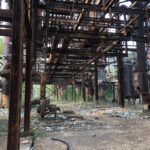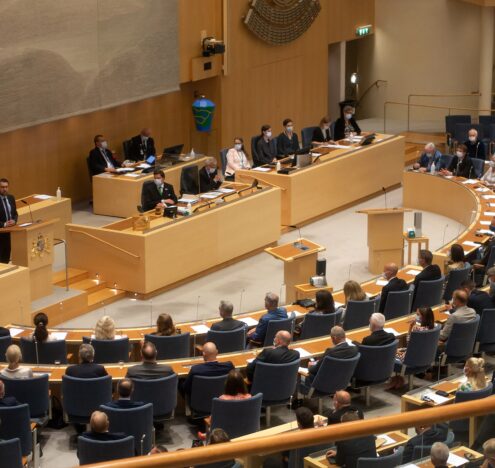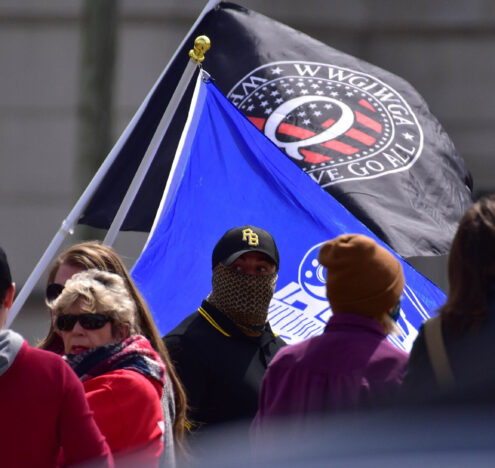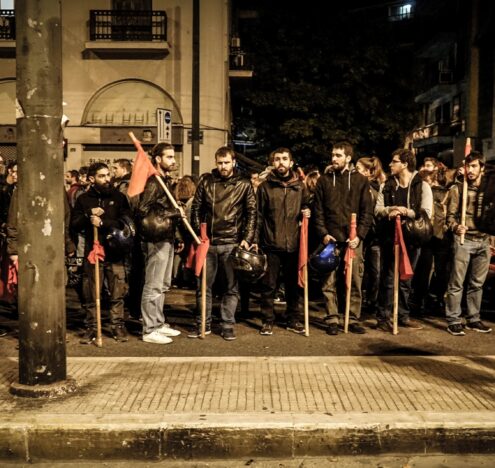In a new paper at Political Psychology, Fiona Kazarovytska, Roland Imhoff, and Gilad Hirschberger consider how Europeans see their group’s role during Nazi occupation, and how “different role representations relate to defensive responses aimed at protecting the ingroup from threat.”
The authors cite Primo Levi who coined the term “gray zone” to describe the area of existence inhabited by those who were neither clear oppressors or clearly oppressed: “Though not responsible for initiating the Holocaust, some governments and parts of the population committed considerable atrocities as collaborators of the occupiers.” Meanwhile, others resisted the German occupation regime and became victims themselves.
The authors offer the categories of group representations and perceptions: willing collaborators, who disliked Jews and wanted to help Nazis; forced collaborators, who did terrible things mainly because they were forced or threatened; and victim-heroes, who fought back and tried to save Jews.
Meanwhile, others resisted the German occupation regime and became victims themselves.
Some previous literature assumes that “representations of the ingroup’s role are susceptible to identity-protective motives,” but other literature “gives reason to question that group members will defensively modify their reconstructions of the ingroup’s role.”
The authors analyzed data from nine European samples across eight countries. There were a total of 5474 respondents. They measured “emotions associated with historical wrongdoing” and “intergroup defensiveness.”
“Historical Defensiveness”
The authors offer two predictions: identity threat and identity management. In the former, to guard against threat, “group members may engage in a range of cognitive, affective, and behavioral responses aimed at protecting the ingroup from threat, known as historical defensiveness.”
Yet, in the latter, “group members may not completely deny their group’s historical responsibility, but at least to some extent, acknowledge willing collaboration, they may also admit associated shame, guilt, and moral fear.”
In six contexts, they found that “lay representations as willing collaborators were associated with negative collective emotions and correlated with victim-directed negativity, whereas victim-hero representations showed no such connections.”
The reaction was more mixed in the remaining three samples. In Austria, Hungary, and Poland, they observed both positive and negative correlations with defensive responses. Forced collaboration actually mirrored the pattern of willing collaboration. In other words, those who believe the Nazis forced their group to collaborate still felt shame or “moral fear.”
The paper also found “consistent support for an identity management pattern in the majority of contexts. In contrast, findings in Hungary, Poland, and Austria were partially compatible with both identity threat and identity management accounts.”
The authors feel their findings add “to the literature on social representations of history and their relevance for present-day national identities.” Future research, they suggest, could go beyond the context of Nazi occupation.
Top photo: German and Polish police carry out document controls in Krakow’s Kazimierz district in 1941 (German Federal Archive/Wikimedia Commons)





















